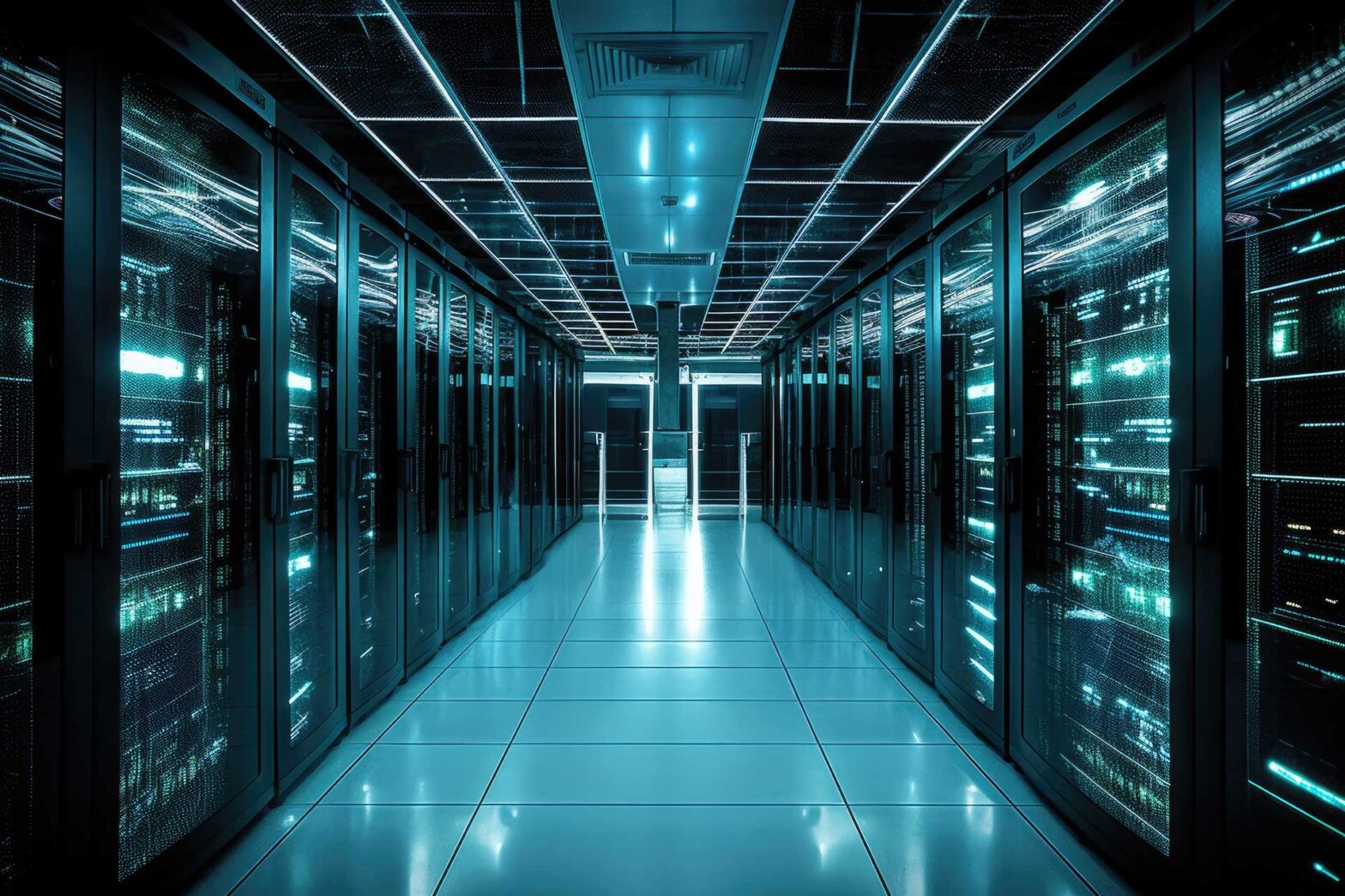In the rapidly evolving digital landscape, data centers serve as the backbone of modern organizations, housing critical infrastructure and storing vast amounts of valuable information. However, amidst the relentless flow of data, it is crucial not to overlook the physical cleanliness of these facilities. Cleaning your data center is more than just maintaining appearances; it plays a vital role in ensuring optimal performance, extending equipment lifespan, mitigating downtime risks, and enhancing energy efficiency. In this blog post, we will delve into the reasons why regular data center cleaning should be a top priority for any organization.
Preventing Equipment Failure and Downtime
Dust and debris are the silent adversaries of data centers, capable of causing serious damage to sensitive equipment. Accumulated dirt on servers, cooling systems, and cabling can impair airflow, leading to overheating and increased wear and tear on components. Such issues can result in equipment failure, system crashes, and costly downtime. Regular cleaning routines remove dirt, dust, and other contaminants, improving ventilation and preventing potential malfunctions.
Enhancing Equipment Lifespan
Data center equipment, including servers, switches, and storage devices, represents a significant investment for organizations. Proper cleaning and maintenance can significantly extend their lifespan, maximizing return on investment. By eliminating dust and debris, which can corrode components and hinder proper operation, you minimize the risk of premature hardware failures. Cleaning also allows for the identification of potential issues, enabling proactive measures to be taken before they escalate into major problems.
Ensuring Energy Efficiency
Cleanliness is closely tied to energy efficiency in data centers. Dust accumulation on server fans, cooling coils, and vents impairs heat dissipation and disrupts airflow. This forces cooling systems to work harder, consuming excess energy to maintain optimal temperatures. Regular cleaning helps to remove obstructions and optimize airflow, reducing the load on cooling equipment and enhancing energy efficiency. By maintaining lower operating temperatures, organizations can reduce their carbon footprint and enjoy substantial cost savings on energy bills.
Compliance with Industry Standards and Regulations
Various industries are subject to stringent regulations regarding data privacy, security, and integrity. Many of these regulations also extend to the physical infrastructure that houses the data, including data centers. Maintaining a clean and organized environment demonstrates a commitment to compliance and best practices. Regular cleaning routines help meet regulatory requirements and ensure that audits and inspections proceed smoothly, providing reassurance to stakeholders and customers that data protection is taken seriously.
Supporting Health and Safety
Cleanliness in data centers is not only about equipment and compliance but also about the health and safety of the personnel working in these environments. Dust, allergens, and contaminants can have adverse effects on indoor air quality, leading to potential respiratory issues for staff members. Regular cleaning reduces the presence of such particles, creating a healthier and more comfortable working environment. Moreover, a clutter-free and well-maintained data center minimizes the risk of accidents or injuries caused by tripping hazards or obstructions.
Cleaning your data center is not a mere aesthetic concern but a critical practice for maintaining optimal performance, extending equipment lifespan, ensuring energy efficiency, complying with regulations, and promoting a safe working environment. Prioritizing regular cleaning routines will help organizations avoid costly downtime, improve operational efficiency, and safeguard their data center investments.
